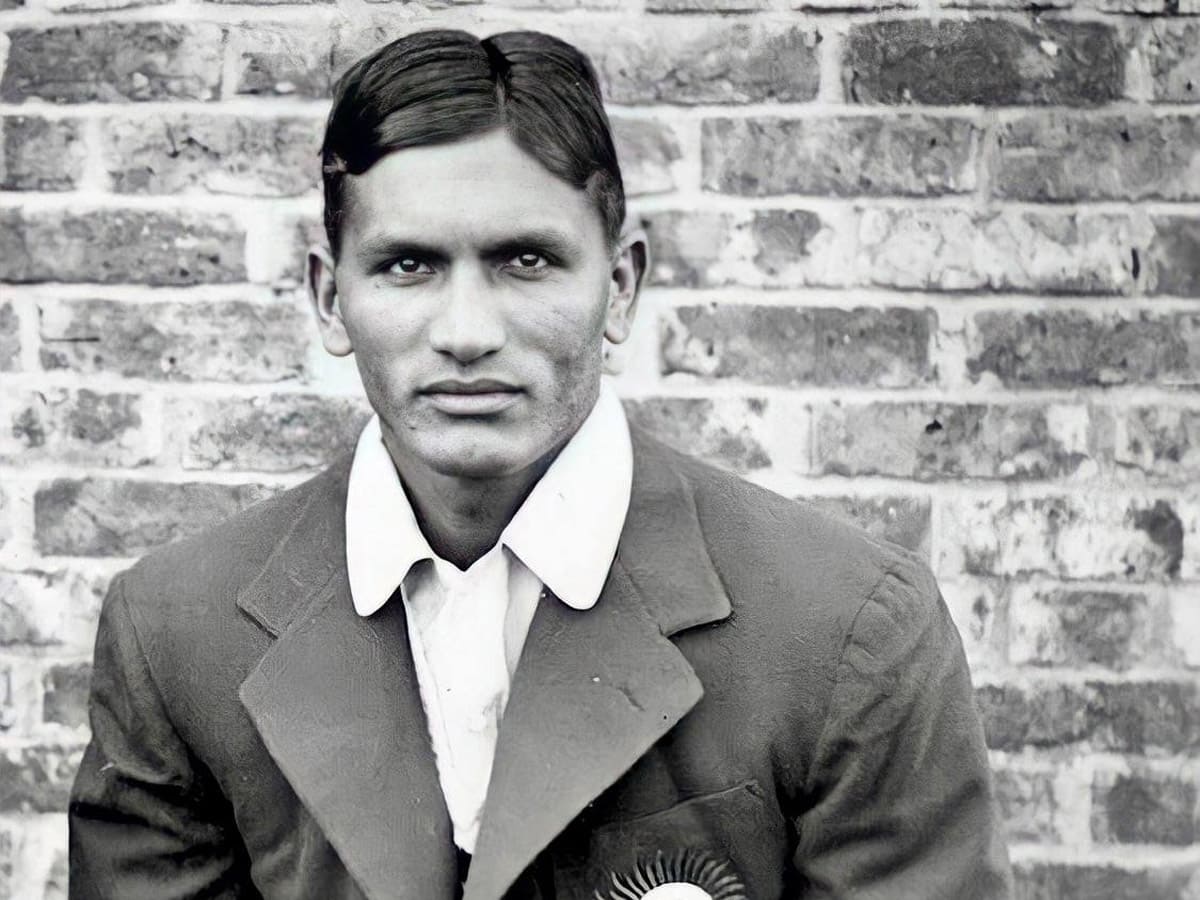
Many years ago cricket used to be known as a gentleman’s game. It was not that all the players were honourable and gentlemanly in their character but there were enough such players for cricket to acquire that tag. One among them was Mohammad Jahangir Khan who had the distinction of representing both India as well as Pakistan in Test cricket.
He was born on 1st February 1910 to a Pashtun family which went on to produce several famous cricketers. Former Pakistan captains Imran Khan, Javed Burki and Majid Khan are all members of this extended family. The last named, Majid Khan, is the son of Jahangir Khan.
Outstanding academic career
Jahangir Khan was not just a talented cricketer. He also had an outstanding academic career which culminated in obtaining a doctorate from Cambridge University. For four years he represented Cambridge University as a member of its cricket team. He later served as a college principal and became Director of Education in Pakistan.
As a player he was known to be scrupulously honest and fair minded. One example of Jahangir Khan’s upright character was seen after he had left the game as a player. He was serving as a selector for Pakistan when the name of his son Majid Khan came up for consideration. Before the selection committee could discuss the merits and demerits of Majid Khan, the father Jahangir handed in his resignation and stepped down from the panel. He did so because he did not want his presence and his influence to work in favour of his son.
This fact has been recorded by British author Peter Oborne in his book titled Wounded Tiger which is a well researched work on the history and development of cricket in Pakistan.
Mohammad Jahangir Khan was born in Jalandhar in Punjab and his cricket talent showed up early. He scored a century in his very first match in first class cricket and also took seven wickets to stamp his future as a worthy all rounder. In first class cricket he scored more than three thousand runs with four centuries and also took 328 wickets.
Selected for India’s first Test match
In 1932 he was selected in India’s team that played its first ever Test match against England at Lords. As a bowler he was the first change after the fiery opening bowlers Mohammed Nissar and Amar Singh had finished their spells. Khan bowled 17 overs in which he conceded only 26 runs but failed to take any wicket.
For India Nissar was the most successful and he took five wickets for 93 runs off 26 overs as England scored 259. In reply Indian batters had a difficult time against Bill Bowes and Bill Voce who later became notorious during the bodyline series against Australia. Bowes took 4 wickets for 49 runs and Voce 3 for 23 to have India all out for 189.
Jahangir roasted England
It was in England’s second innings that Jahangir Khan struck full form and outshone even his illustrious teammates Nissar and Amar Singh. Bowling with superbly controlled seam movement in the helpful English conditions, he took 4 wickets for 60 runs off 30 overs. In his overflowing bag of scalps were the prize wickets of opener Percy Holmes, the legendary all rounder Frank Woolley, one of England’s greatest batters Wally Hammond and hard hitting middle order batsman Eddie Paynter. In short, Jahangir wiped out the cream of England’s batting.
Sadly all the good work came to naught. India’s batting line up capitulated again and India lost the match by 158 runs. Nissar, Amar Singh and Jahangir Khan were hailed as India’s heroes for fighting back against the strong rival team.
He was associated with one more well-known incident. When India was touring England the second time in 1936 a ball that Jahangir Khan bowled hit a sparrow which died. That bird was stuffed and kept on display for curious visitors to see.
Many years later Jahangir Khan’s grandson Bazid Khan (son of Majid Khan) also represented Pakistan in international cricket. He had another son who was older than Majid. His name was Asad Khan and he too played cricket at first class level. Jahangir Khan died on 23rd July 1988 and cricket lost a wonderful player and a great gentleman.
